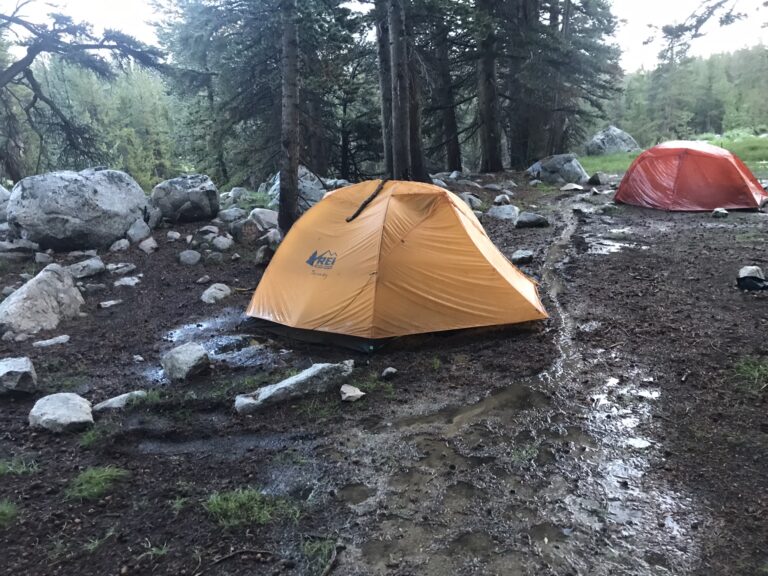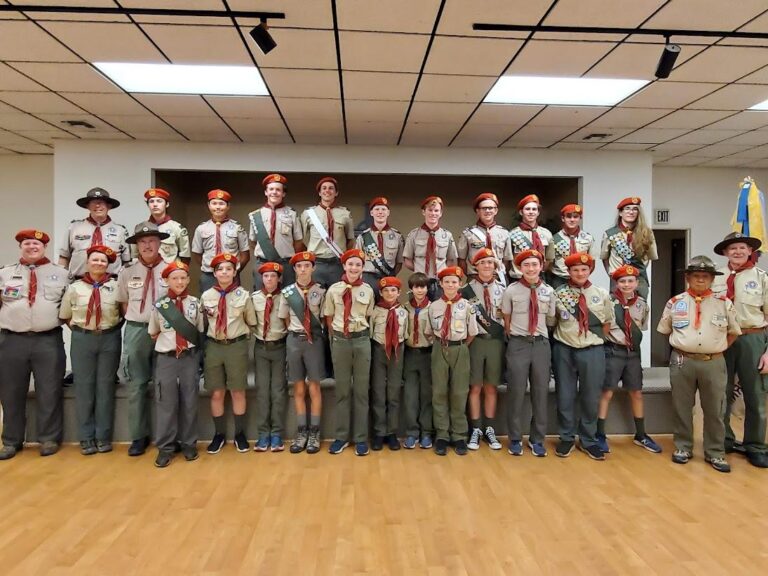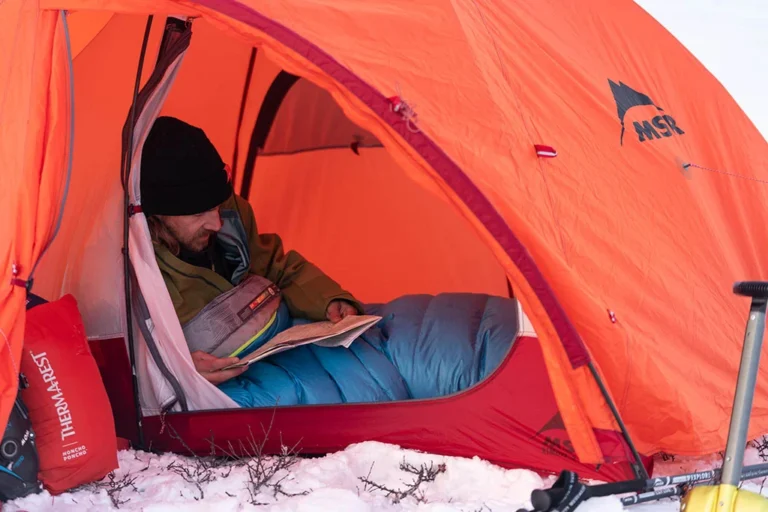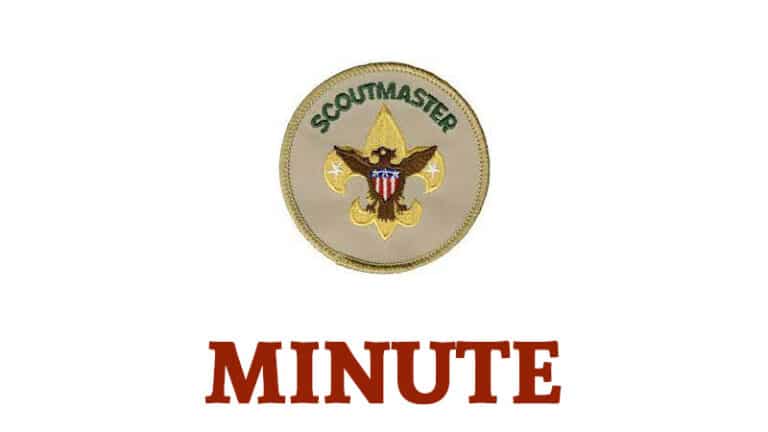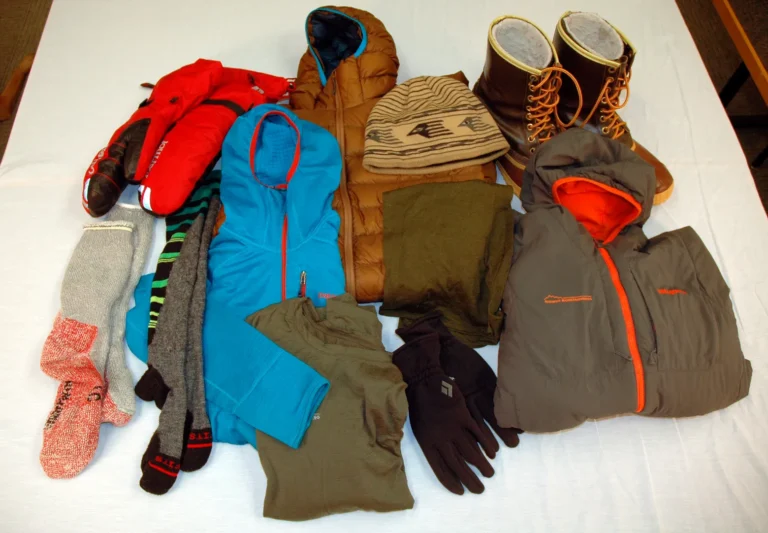Principles of Leave No Trace
- Plan Ahead and Prepare
- Camp and Travel on Durable Surface
- Pack it In, Pack it Out
- Properly Dispose of Waste
- Leave What You Find
- Minimize Use and Impact of Fire
Leave No Trace depends more on attitude and awareness than on rules and regulations. Minimum impact practices must be flexible and tempered by judgment and experience. In fact, techniques are continually evolving and improving.
Plan Ahead and Prepare
Unnecessary impact can be avoided by carefully preparing for your trip. Careful planning can go a long way toward keeping you safe and comfortable, and insuring that your impact on the land is minimal.
Stay on trails to minimize soil erosion and impact to wildlife, and to maintain the natural character of the area. Horses, mules and other stock have the right-of-way on the trail. Stock can be startled easily, so hikers should allow stock plenty of room by moving off to the down-hill side of the trail. If you can’t do that, move off the trail as much as you can. Talking quietly as the animals approach gives them advance notice of your presence and reassures them you are human.
Pack It In, Pack It Out.
Trash and litter have no place in backcountry areas. It is a simple commitment to pack out all that we pack in. To be good stewards of the land, we can also help to carry out the litter that others have left. Dispose of human waste responsibly. Proper disposal of human waste prevents pollution of water sources, the spread of dangerous organisms such as Giardia and Cryptosporidium, and aesthetic consequences to those who follow. Burying human feces in an appropriate manner is the most effective solution.
Leave natural objects and cultural artifacts
Natural objects of beauty or interest, such as antlers, and fossils, should be left for others to enjoy. In National Parks and some other areas it is illegal to remove natural objects, including plants, flowers, rocks and bones.
Use stoves instead of fire.
The development of efficient, lightweight and compact camp stoves has facilitated a shift away from the traditional fire. Stoves are almost essential camping equipment because they are portable and eliminate firewood availability as concern in campsite selection. Carry stoves and sufficient fuel to cook all of your meals.
In high-use areas use existing fire rings. In established campsites in high-use areas, build your fire in an existing fire ring.
